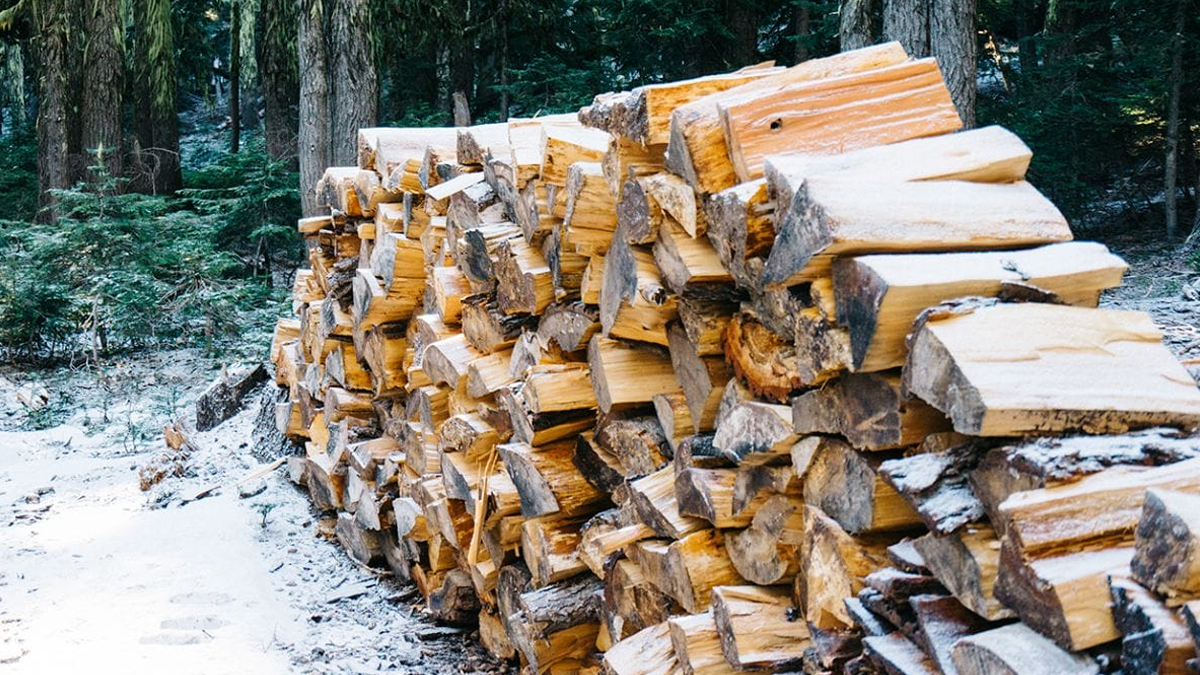
Composting is a must for any organic gardener. It not only reduces waste but also enriches the soil with vital nutrients. However, the process can sometimes feel slow, leaving gardeners eager for quicker results. Luckily, there are several ways to speed up composting without compromising the quality of your compost. Here are eight effective methods to accelerate the process and keep your garden thriving.
1. Shred or Chop Your Materials
Another basic approach to expedite the decomposition process is the breaking up of the materials put into your pile. Large branches, thick stems, and lumpy food peels take time to decompose. By cutting or shredding them into small pieces, their surface area will increase, giving way to a much easier job for microbes in decomposing.
How to Do It:
- Use garden shears to chop up plant material.
- Chip woody branches.
- Chop food scraps before adding them to the pile.
- This little bit of effort upfront can really speed up the composting process.
2. Maintain the Right Balance of Greens and Browns
Composting uses a combination of “greens” (material high in nitrogen) with “browns” (material high in carbon). Greens include vegetable scraps, grass clippings, and coffee grounds. Browns make up materials like dried leaves, cardboard, and straw. A good starting point is 2-3 parts browns and 1 part greens.
Why It Matters:
- Too many greens make it slimy and stinky.
- Too many browns make the decomposition much slower.
- You keep this balance so that microorganisms can thrive and work efficiently in the environment.
3. Turn the Pile Regularly
Aeration is important for fast composting. Turning your compost pile introduces oxygen, which fuels the activity of aerobic microbes responsible for decomposition.
How Often to Turn:
For active composting, turn the pile every 1-2 weeks.
Use a pitchfork or compost aerator to mix the materials thoroughly.
Frequent turning also ensures the moisture is evenly spread and the pile does not compact.
4. Monitor and Adjust Moisture Levels
Compost piles require a specific amount of moisture to break down properly. Too dry and the microbes work slowly; too wet and the pile can turn anaerobic, causing some not-so-wonderful smells.
How to Check:
- Squeeze a handful of compost. It should be like a wrung-out sponge—moist but not dripping.
- Add water if too dry, or mix in some dry browns like shredded paper if too wet.
- Optimal moisture levels keep microbes working at maximum capacity.
5. Add Compost Activators
Compost activators are substances that enhance microbial action, thereby accelerating the decomposition process. They can either be homemade or purchased in a store.
Natural Activators include:
- Fresh animal manure of herbivorous animals such as cows, horses, or rabbits.
- Alfalfa meal or pellets.
- Blood meal.
- Instructions on how to use them include sprinkling between layers of the compost materials.
- Avoid overloading to avoid overheating the pile.
- These accelerators add a little more kick to make your compost work faster.
6. Compost Bin or Tumbler
Closed compost bins and tumblers accelerate the process as they ensure conditions are kept steady.
Benefits of Bins and Tumblers:
- Keep warm, and thus microbes are highly active.
- Safeguard against excessive rain or pests.
- Help turn and aerate the pile more easily.
- Choose a model that suits your garden size and composting needs. Tumblers are especially useful for small spaces or if you’re looking for minimal effort.
7. Layer Materials Properly
Layering your compost materials can improve airflow and ensure even decomposition.
How to Layer:
- Start with a layer of coarse browns (e.g., small branches or straw) to improve drainage and aeration.
- Alternate layers of greens and browns.
- Add a thin layer of soil or finished compost between every few layers to introduce beneficial microbes.
This organized system prevents compaction and encourages faster breakdown of materials.
8. Maintain the Right Temperature
Heat is an important element in composting. The ideal temperature for a compost pile is between 135°F and 160°F (57°C to 71°C). High temperatures kill pathogens and weed seeds while speeding up decomposition.
How to Achieve and Monitor Heat:
- Build a heap at least 3x3x3 feet in size that will retain the heat.
- Compost thermometer would be used frequently to check its temperature.
- Heap should be turned if it heats up too high or cools down considerably
- Consistent heating ensures that the compost breaks down quickly and in a safe way.
Bonus Tips for Faster Composting
Don’t Add Those Problematic Materials: Avoid foods containing meat, dairy, oily foods, among others, that attract pests and inhibit decomposition.
Crush Eggshells: They are a good source of calcium, but it takes ages for whole eggshells to break down. Crush them and it will break down faster.
Compost in the Sun: Position your compost pile in a sunny spot to help maintain higher temperatures.
Conclusion
Speeding up composting doesn’t need expensive tools or complex techniques. With these eight strategies, you can create rich, organic compost in less time, ensuring your garden gets the nutrients it needs to thrive. Whether you are a seasoned gardener or just starting, these tips will make your composting efforts more efficient and rewarding. Happy composting!







